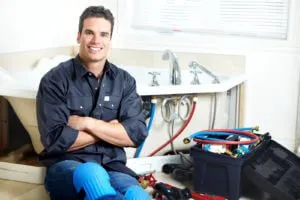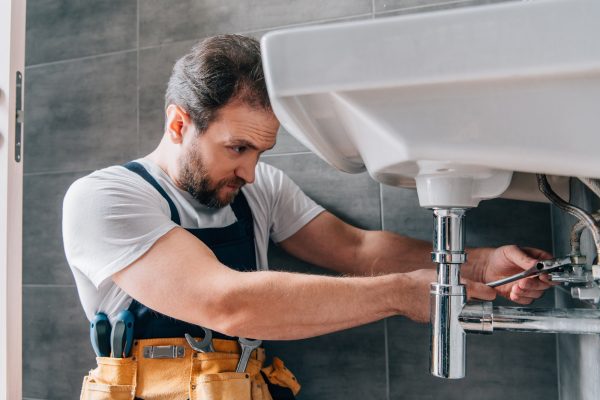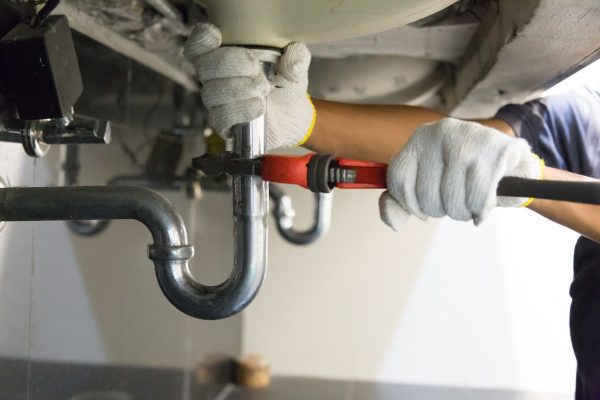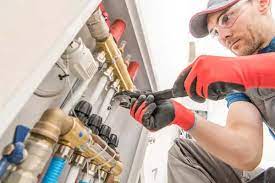When a plumbing emergency strikes, you need expert help fast. But how do you find a reliable 24/7 plumber?
Look for a plumber with 24/7 availability, a quick response time, and plenty of experience. Also make sure they’re licensed and insured. Here are some common plumbing emergencies and how to recognise them: Water leaks.
No Hot Water
When you are in the shower getting ready for work or the kids are taking a bath and suddenly there is no hot water that is a plumbing emergency. You should call Emergency Plumbing Services in Fort Lauderdale FL to help.
Homes get their hot water from either a gas or electric water heater. Some people have tankless water heaters that only heat the water when it is needed. If you have a gas water heater and the pilot light has gone out or the breaker has been tripped then that is an emergency because your house could be filled with carbon monoxide fumes.
If you have an electric water heater the problem may be a little more complex to diagnose and fix. Possibly the heating element has gone out or there is a hidden leak somewhere in the system. Calling an emergency plumber will mean that you can get the problem fixed quickly before any further damage is caused.
If you rent your home then check your rental agreement to see if there is an allowance for no hot water. If there isn’t then talk to your landlord about it. Explain the situation calmly and ask for a timeline on when it will be fixed. If the issue is not resolved then you can request to break your lease early and move out.
Burst Pipes
Whether they’re caused by freezing temperatures or by excessive water pressure, burst pipes are one of the most serious and expensive plumbing issues you can face. A single pipe can unleash enough water to flood rooms, cause wood framing and building materials to rot, ruin carpets and destroy electronics and precious family heirlooms. The good news is that there are several steps you can take to minimize the damage and limit costly repairs.
The first step is to shut off your water supply. You can do this by finding your main water shut-off valve—it’s usually located near your water heater, in a crawl space or basement. Once the water is turned off, you can start removing furniture and other belongings from the affected area to reduce water damage.
When a pipe bursts, it creates gallons of water that can seep into drywall, ceilings and other structural components. This can lead to rotting, mold growth and unhealthy air quality in your home. In addition, the excess moisture can lead to additional problems like wood rot and foundational cracks.
If you suspect a pipe is about to burst, listen for metal clanging sounds. These sounds indicate that your pipes are shaking and moving—a sure sign of a burst or leaky pipe. It’s important to act quickly to prevent further damage.
Overflowing Toilets
Few things are more alarming than flushing a toilet and watching the bowl fill with water, quickly overflowing. This can cause serious, long-term water damage to floors and surrounding areas. It’s also a health hazard, as it exposes you and your family to dangerous bacteria and mold.
To stop the overflow and protect your home, start by shutting off the water supply to the toilet. This is usually a small waterline with a shut-off valve behind the tank, near the floor. Turn this valve clockwise to stop the flow. You can also use the main water valve in your home to shut off the water supply to all your toilets.
Next, clean up the overflowing water and sanitize the area. Wear rubber gloves and put on a pair of safety goggles. Use a disinfectant solution that contains bleach to kill any germs and neutralize offensive odors. Be sure to dry up the wet floors thoroughly to prevent mold and rot.
Most overflowing toilets are caused by a clogged pipe. Unfortunately, a clog can happen anywhere from the toilet’s p-trap to the main sewer line. Items like paper towels, wipes, sanitary products, and even tree roots can all block your pipes. If the clog is further down your pipes, Emergency Plumbing Services in Fort Lauderdale FL may be necessary to clear it.
Slow or Blocked Drains
A slow-draining sink or tub can be annoying, but it’s rarely an emergency. Using drain covers to keep hair and other debris from building up, and making sure to clean them regularly with baking soda and vinegar, can help prevent these problems. But if your drain is fully or partially blocked, it’s time to call for help.
When you notice gurgling or smelly drains, you probably have a partial blockage that’s caused by trapped air in the pipes. If this is the case, you can often resolve it by removing any items stuck in the drain and running water for a few minutes to clear out the rest of the clog.
But if the problem is more serious, you’ll need an emergency plumber to fix it. If the clog is in the kitchen drain, for example, it could result in sewage backing up into your home. The same goes for bathroom drains that connect to the main sewer line.
A plumbing expert will first determine how many drains are affected by the clog and whether any of them are showing signs of a leak. Then, he or she will use tools like a drain snake to break up and remove the clog and make sure that all of the wastewater can flow freely through your pipes.



